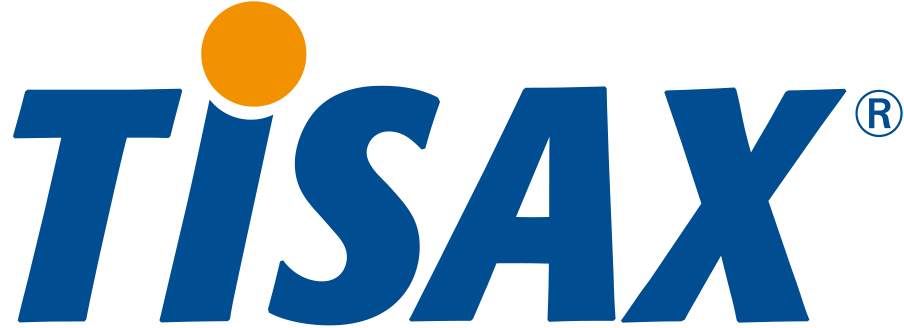For those who have not yet adopted Quantum Computing, complexity is a huge barrier: 49% of respondents say that integrating Quantum Computing into their existing tech stack proves to be a challenge. To solve it, most companies believe they’ll need a strong Quantum Computing supplier with sufficient expertise and R&D capabilities.
As much as 96% of Zapata Consulting survey respondents agreed that the successful implementation of Quantum Computing would be almost impossible without a reliable supplier. At the same time, 73% expressed concerns about being tied to a full-stack quantum provider.
While challenges are many, two stand out:
- A high price of Quantum Computing solutions development, and
- A lack of Quantum Computing ready talents.
Let’s take a look at some possible solutions.
High cost of Quantum Computing adoption and how to solve it
Quantum computers are currently outside the average consumer’s price range and are likely to remain so for at least a few years. Today’s cost of a D-Wave 2000Q is $15 million. It’s unlikely that the price will drop any time soon.
One reason Quantum Computers are expensive is that they rely on a computer switch called a “Josephson junction,” which is two layers of superconducting material with a very thin layer of non-superconducting material in between. According to Network World, “the Josephson junction “is fundamentally quite a delicate object” and thus difficult and costly to manufacture”.
A team of researchers from the Department of Electrical Engineering and Computer Science at the Massachusetts Institute of Technology (MIT) is currently working on a tiny, elegant device that could eliminate the Josephson connection and reduce the costs of Quantum Computing adoption.
Some experts believe that new business partnerships will accelerate the spread of Quantum Computing and help drive down its costs.
Quantum Computing, just like any other disruptive technology, can’t evolve in a silo. Technology partnerships and business alliances play a crucial role in lowering the costs and reducing the time for a Quantum Computer to hit the mass market.
As an example, in January 2022, Pasqal, a neutral-atom Quantum technology developer, and Qu&Co, a Quantum algorithms and software development company, joined forces to accelerate progress towards achieving business benefits through Quantum Computing solutions.
Qu&Co’s rich portfolio of quantum algorithms will be tightly integrated with Pasqal’s advanced quantum hardware, delivering added value to clients such as Johnson & Johnson, LG, Airbus, BMW Group, EDF, Thales, MBDA, and Credit Agricole CIB. The new company will offer a wide range of quantum solutions across chemistry, life sciences, automotive, electronics, utilities, aerospace, defense, finance, and other industries.
Leveraging the synergy of the two companies will further strengthen atom-neutral end-to-end Quantum solutions to achieve short-term commercial benefits.






